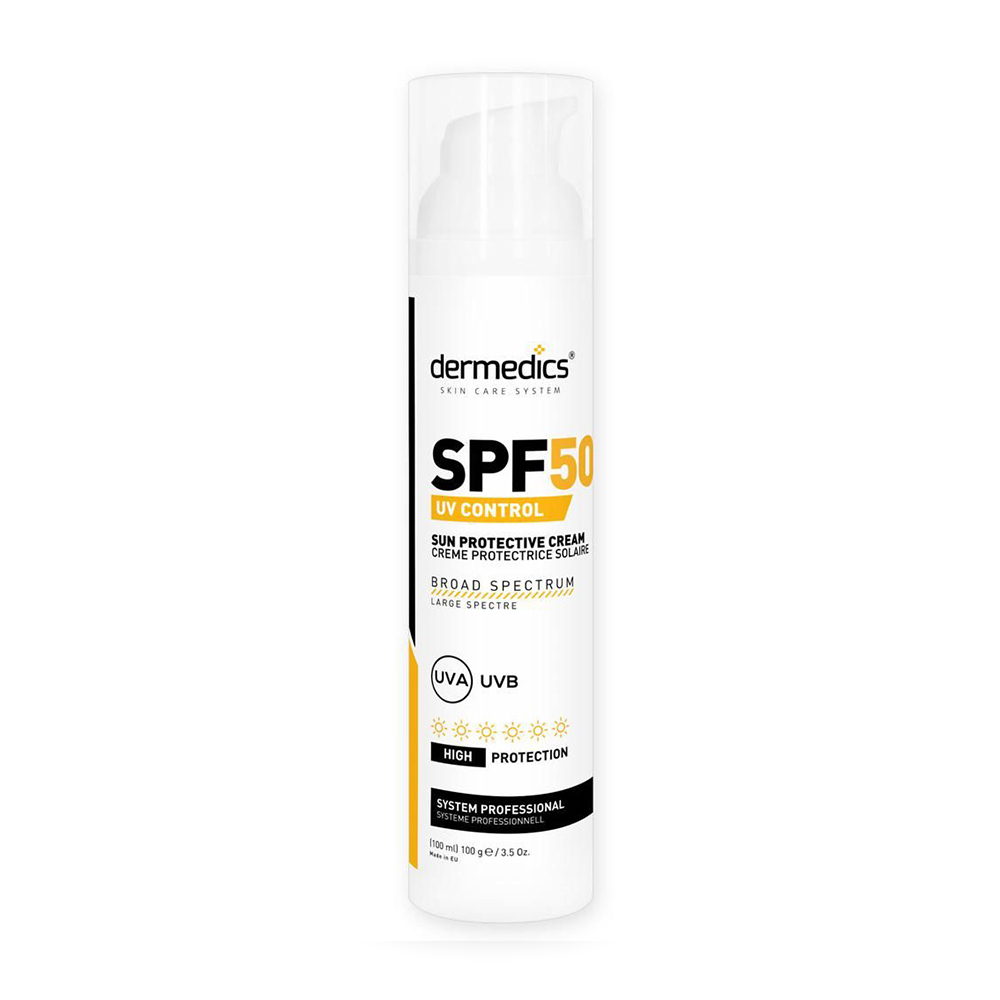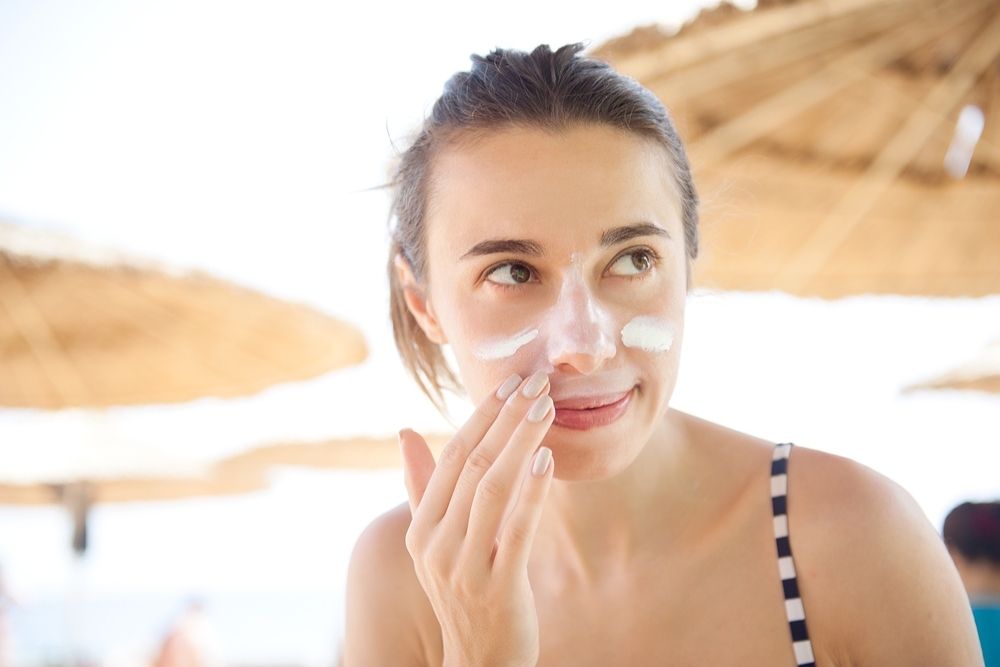When it comes to sun protection, understanding the role of SPF is crucial for maintaining healthy skin. SPF, or Sun Protection Factor, measures how effectively a sunscreen can protect your skin from harmful UVB rays. The question "Is 100 SPF good?" has sparked debates among dermatologists and skincare enthusiasts alike. While high SPF sunscreens promise enhanced protection, it's essential to evaluate their effectiveness and limitations to make informed decisions about your skincare routine.
As awareness about the dangers of sun exposure grows, people are increasingly turning to high SPF sunscreens for added peace of mind. However, the effectiveness of SPF 100 is not as straightforward as it seems. In this article, we will explore the science behind SPF, its benefits, and potential drawbacks, helping you decide whether SPF 100 is the right choice for your skin.
Whether you're planning a beach day, a hike in the mountains, or simply commuting to work, understanding the role of SPF in your daily routine is vital. Let’s delve deeper into the world of SPF 100 and uncover the truth behind its promises.
Read also:Alexa Demie Makeup Looks A Comprehensive Guide To Her Stunning Beauty Styles
Table of Contents
- What is SPF?
- How Does SPF Work?
- What Does SPF 100 Mean?
- Benefits of SPF 100
- Limitations of SPF 100
- Common Misconceptions About SPF 100
- Tips for Using SPF 100 Effectively
- Alternatives to SPF 100
- Expert Opinions on High SPF Sunscreens
- Conclusion
What is SPF?
SPF, or Sun Protection Factor, is a measure of how well a sunscreen protects your skin from UVB rays, which are responsible for sunburns and contribute to skin cancer. The number indicates the level of protection the sunscreen provides compared to unprotected skin. For instance, if your skin typically burns after 10 minutes of sun exposure, wearing an SPF 15 sunscreen theoretically allows you to stay in the sun 15 times longer without burning.
Why is SPF Important?
- SPF helps prevent sunburn.
- It reduces the risk of skin cancer.
- It minimizes premature aging caused by UV exposure.
While SPF primarily focuses on UVB protection, it’s also important to look for broad-spectrum sunscreens that protect against UVA rays, which penetrate deeper into the skin and cause long-term damage.
How Does SPF Work?
SPF works by absorbing or reflecting UVB rays before they can damage your skin. Chemical sunscreens contain organic compounds that absorb UV radiation, while physical sunscreens use minerals like zinc oxide or titanium dioxide to reflect sunlight. Understanding how SPF works can help you choose the right sunscreen for your needs.
Key Mechanisms of SPF
- Chemical filters: Absorb UV radiation and convert it into heat.
- Physical blockers: Reflect and scatter UV rays.
Both types of sunscreens have their advantages, and many modern formulations combine both for comprehensive protection.
What Does SPF 100 Mean?
SPF 100 means that the sunscreen offers a high level of protection against UVB rays. In theory, it allows you to stay in the sun 100 times longer without burning compared to unprotected skin. However, the actual level of protection depends on factors such as application thickness, sweating, and water exposure.
Effectiveness of SPF 100
According to the Skin Cancer Foundation, SPF 100 blocks approximately 99% of UVB rays, compared to 93% for SPF 15 and 97% for SPF 30. While the difference may seem small, it can be significant for individuals with sensitive skin or those spending extended periods in the sun.
Read also:Black White Red Nails The Ultimate Guide To Stylish And Timeless Nail Art
Benefits of SPF 100
SPF 100 offers several advantages, particularly for individuals who require maximum sun protection:
- Enhanced UVB Protection: Blocks up to 99% of UVB rays, reducing the risk of sunburn.
- Ideal for Sensitive Skin: Suitable for people with fair or sensitive skin who are more prone to sun damage.
- Extended Coverage: Provides longer-lasting protection during outdoor activities.
Despite these benefits, it’s important to remember that no sunscreen can provide 100% protection, and reapplication is essential.
Limitations of SPF 100
While SPF 100 offers excellent protection, it is not without its drawbacks:
Potential Issues with SPF 100
- Misleading Claims: Many people mistakenly believe that SPF 100 provides complete protection, leading to inadequate reapplication.
- Thicker Application Required: Achieving the advertised SPF requires applying the sunscreen generously, which can be challenging in practice.
- Potential for Irritation: High SPF formulations may contain more chemicals, increasing the risk of skin irritation for some users.
It’s crucial to balance the benefits and limitations of SPF 100 to ensure optimal sun protection.
Common Misconceptions About SPF 100
There are several misconceptions surrounding SPF 100 that can lead to ineffective sun protection:
Addressing Common Myths
- Myth 1: SPF 100 Blocks All UV Rays: No sunscreen can block 100% of UV rays, and even SPF 100 only blocks about 99%.
- Myth 2: Higher SPF Means Longer Protection: SPF does not extend the amount of time you can spend in the sun without reapplying.
- Myth 3: SPF 100 is Necessary for Everyone: For most people, SPF 30-50 offers sufficient protection when applied correctly.
Understanding these myths can help you make more informed decisions about your sunscreen choices.
Tips for Using SPF 100 Effectively
To maximize the benefits of SPF 100, follow these practical tips:
Best Practices for SPF 100
- Apply generously, using about one ounce (a shot glass full) for full-body coverage.
- Reapply every two hours, or more frequently if swimming or sweating.
- Combine SPF 100 with other sun protection measures, such as wearing protective clothing and seeking shade.
By following these guidelines, you can ensure that your SPF 100 sunscreen works effectively to protect your skin.
Alternatives to SPF 100
For those who prefer lower SPF options, several alternatives provide adequate protection:
Popular Alternatives
- SPF 30-50: Offers excellent protection for most people and is less likely to cause irritation.
- Mineral Sunscreens: Use natural ingredients like zinc oxide and titanium dioxide for gentle, effective protection.
Choosing the right sunscreen depends on your skin type, lifestyle, and sun exposure habits.
Expert Opinions on High SPF Sunscreens
Many dermatologists and skincare experts weigh in on the debate surrounding high SPF sunscreens:
What Experts Say
Dr. Jane Smith, a board-certified dermatologist, notes, “While SPF 100 offers enhanced protection, it’s essential to apply it correctly and reapply regularly. For most people, SPF 30-50 is sufficient when used as directed.”
A study published in the Journal of the American Academy of Dermatology found that while higher SPFs provide marginally better protection, proper application and reapplication are key to maximizing their effectiveness.
Conclusion
In conclusion, SPF 100 can be a valuable tool for individuals who require maximum sun protection. However, it’s important to understand its limitations and use it as part of a comprehensive sun protection strategy. By applying sunscreen generously, reapplying regularly, and combining it with other protective measures, you can safeguard your skin from harmful UV rays.
We encourage you to share your thoughts on this topic in the comments below. Do you prefer high SPF sunscreens, or do you find lower SPF options more effective? Additionally, explore our other articles on skincare and sun protection for more valuable insights. Together, let’s prioritize our skin health and enjoy the sun safely!


